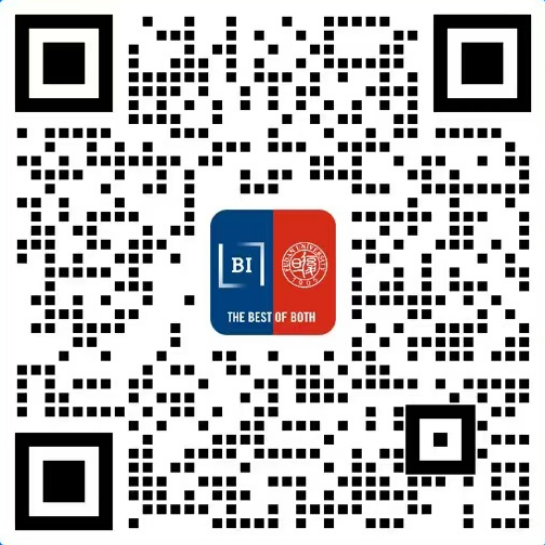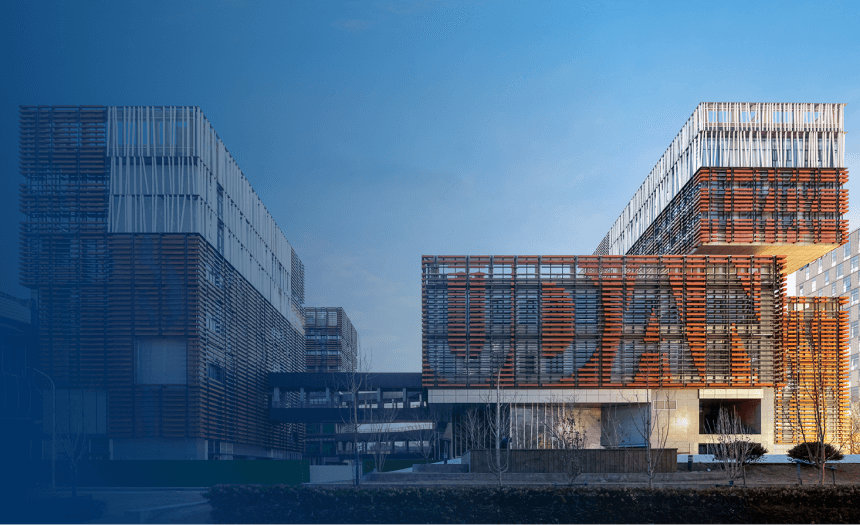Global Governance and Resilience: Navigating Complex Contexts
The core of this course is a business simulation a management game. First, it allows students to be a Global CEO for a day and to make decisions accordingly, to evaluate the results of their decisions, and to make new decisions, etc. Students can practice what they have learned during their Master in the lifelike, but safe and fast environment of the game. Second, the theoretical framework for the course rests on the themes: Global management, corporate governance, exploration and exploitation. Third, it is a practical way to introduce large groups of Chinese students to the Norwegian business life. The case to be simulated is a company operating cross-nationally in China, Germany, and Norway.
Global Governance and Resilience: Navigating Complex Contexts
The core of this course is a business simulation a management game. First, it allows students to be a Global CEO for a day and to make decisions accordingly, to evaluate the results of their decisions, and to make new decisions, etc. Students can practice what they have learned during their Master in the lifelike, but safe and fast environment of the game. Second, the theoretical framework for the course rests on the themes: Global management, corporate governance, exploration and exploitation. Third, it is a practical way to introduce large groups of Chinese students to the Norwegian business life. The case to be simulated is a company operating cross-nationally in China, Germany, and Norway.
The core of this course is a business simulation a management game. First, it allows students to be a Global CEO for a day and to make decisions accordingly, to evaluate the results of their decisions, and to make new decisions, etc. Students can practice what they have learned during their Master in the lifelike, but safe and fast environment of the game. Second, the theoretical framework for the course rests on the themes: Global management, corporate governance, exploration and exploitation. Third, it is a practical way to introduce large groups of Chinese students to the Norwegian business life. The case to be simulated is a company operating cross-nationally in China, Germany, and Norway.

Kim van Oorschot
Department of Accounting and Operations Management
Research area:Systems Thinking and System Dynamics; Supply Chain Management; Project Management; Decision Making & Managing Complexities; Product Development & Innovation.
Professor Profile:Dr. Kim van Oorschot is a Professor in the Department of Accounting and Operations Management at the BI Norwegian Business School. Her current research focuses on decision-making, trade-offs, and tipping points in dynamically complex settings, like supply chains, and new product development (NPD) projects. Her research projects are aimed at discovering so-called ‘decision traps': decisions that seem to be good on the short term, but have counterproductive effects on the long term. For this purpose she develops system dynamics models based on data from organizations. She also teaches system dynamics, supply chain management, and project management to executive and master students.



